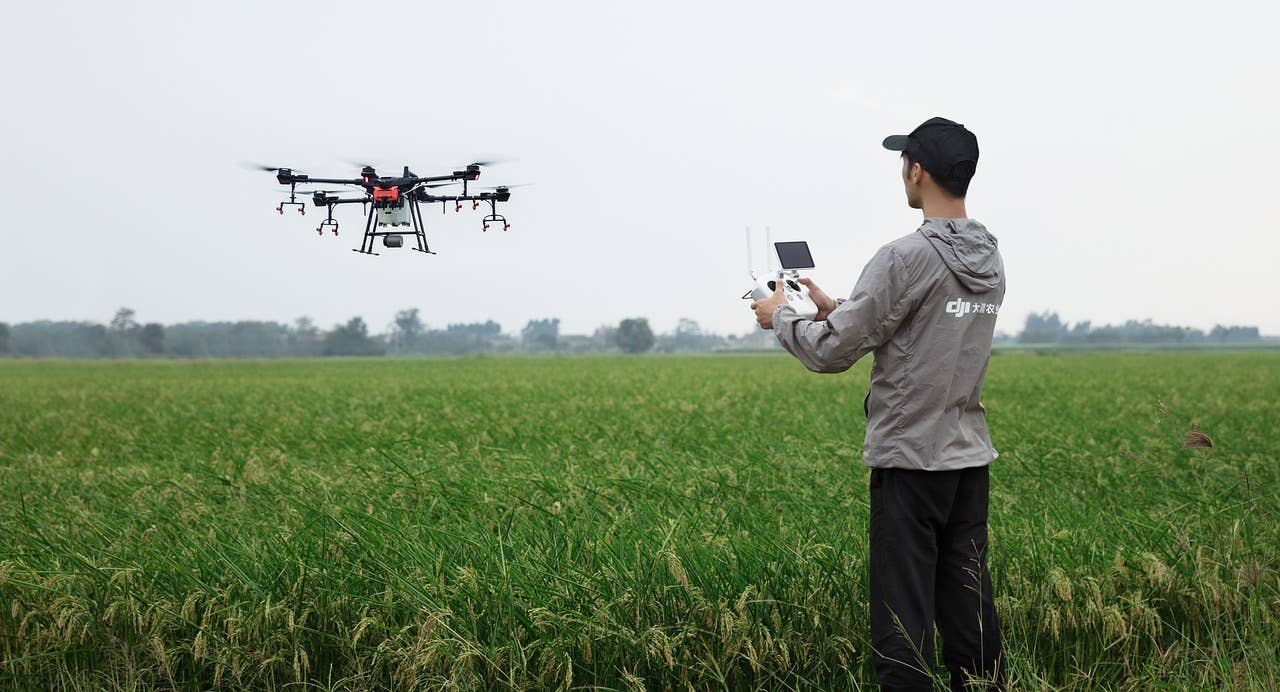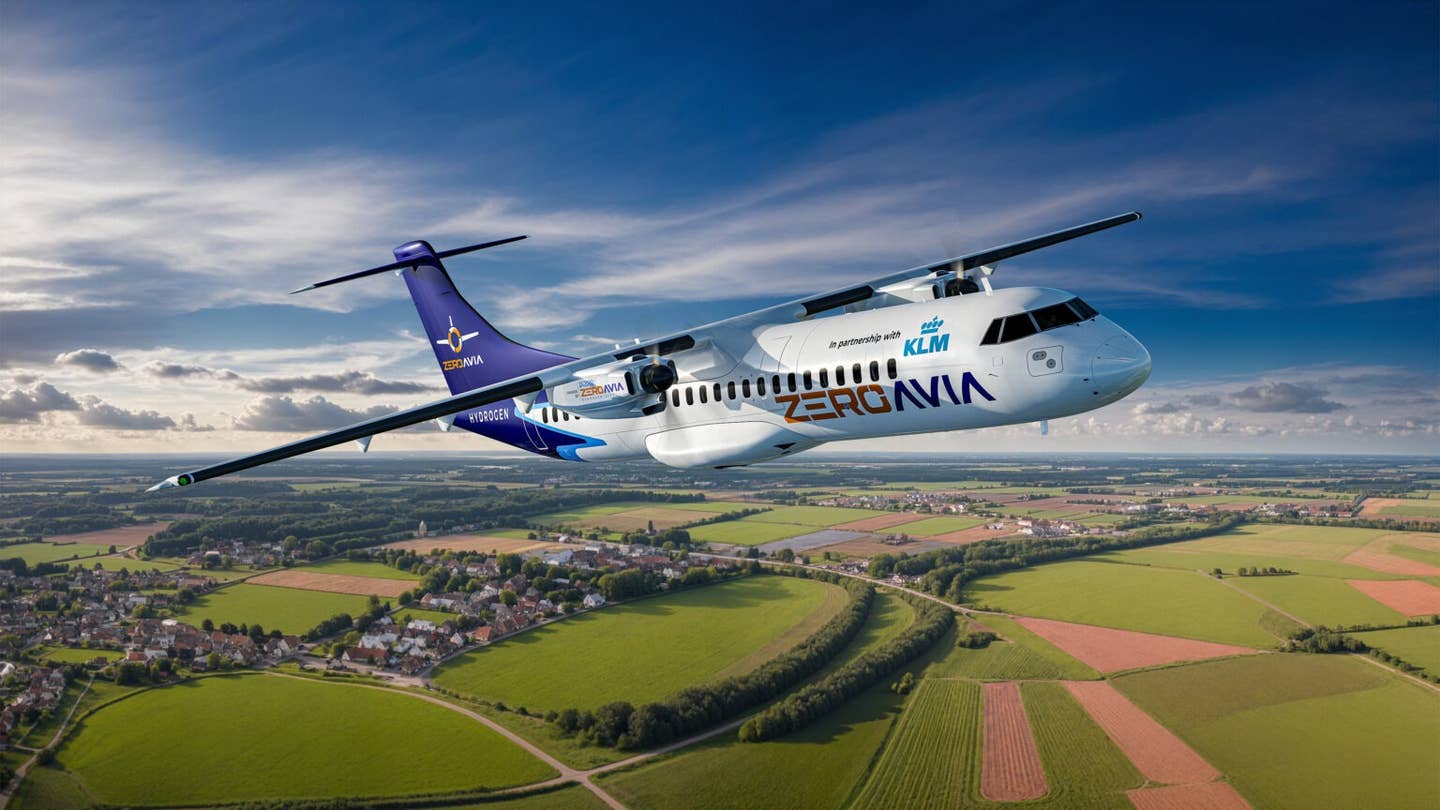When Do You Need a Drone License?
It’s important to be able to navigate the UAV skies with confidence.

In the eyes of the FAA, there are two types of drone pilots: recreational and commercial. [Credit: DJI-Agras/ Pixabay]
Did you know there are more than 780,000 drones already registered in the U.S.? With over three-quarters of a million drones taking to the skies and more than 700,000 unmanned aerial vehicle (UAV) operators out there, you’re clearly missing out if you are not part of these numbers.
Flying drones can be enjoyed by recreational flyers seeking fun and commercial drone pilots looking to earn money. The FAA makes it clear what defines each group and which certifications they need to operate legally. If you have already decided to be a part of this exciting field, you are probably asking yourself, "Do I need a license to fly a drone?" Keep reading to learn the answer to that question and many more.
Recreational vs. Commercial Drone Use
In the eyes of the FAA, there are two types of drone pilots: recreational and commercial. Recreational pilots are flying just for the joy of flying, while commercial drone pilots are flying for profit. Recreational pilots do not need a remote pilot certification (Part 107), while commercial pilots do. Many find it confusing to determine what group they fall into. Let's look at a few examples to help clarify how your operations would be classified.
Recreational Drone Usage
Recreational drone pilots fly for fun. Nothing about their operation produces a profit. Taking your drone to the park to enjoy a sunset from another perspective, soaring over an orchard to appreciate the symmetry of a planted grove of trees, and filming the tranquility of ocean waves so you can meditate on the sound at home are all examples of recreational flying.
Commercial Drone Usage
Commercial pilots, by contrast, are gaining something from their flights beyond good memories. Filming a home for a real estate agent's marketing materials, getting paid to map the progress on a construction site, and uploading a drone video to your YouTube channel (even if you have not monetized your channel yet) all require a Part 107 license. The bottom line is if you are getting anything more than enjoyment, it is considered commercial drone flying.
Drone Size and Weight Factors
Although the requirement for pilot certification is based on the intended use of a drone and not how big it is, it's still worth discussing the rules around weight. In the U.S., drones weighing less than 0.55 pounds (250 grams) are exempt from registration if used recreationally. However, all drones used for commercial purposes must be registered, regardless of weight. For drones weighing more than 0.55 pounds and up to 55 pounds (about 25 kilograms), operators must register their drones and, if flying commercially, get a Part 107 license.
It is important to remember that the drone's weight includes everything on it when it takes off. So, if your drone is under 0.55 pounds out of the box and you add a camera to it, you must calculate the total weight with the camera you added. Thankfully, registration only costs $5 per drone once every three years.
How to Get a Drone License
If you want to fly drones commercially, you'll need a Part 107 remote pilot certification. Before getting into how to do that, you must meet certain qualifications. There are no exemptions for these eligibility requirements, so make sure you read them carefully before signing up to take the exam. The FAA has established four specific eligibility requirements. To become a pilot, you must:
- Be at least 16 years old.
- Be able to read, speak, write, and understand English.
- Be in a physical and mental condition to safely fly a drone.
- Pass the initial aeronautical knowledge exam: Unmanned Aircraft General – Small (UAG).
In addition to these requirements, you must pass a background check conducted by the TSA. Don't panic if you have an unpaid parking ticket. They are looking for offenses like being on a terrorist watchlist, sedition, and murder. You can get an FAA certificate if you have a felony conviction unless it is for a drug- or alcohol-related offense. In that case, you cannot apply for a certificate for up to one year after your final conviction.
If you meet the eligibility criteria, and most do, you will need to sign up for the Part 107 exam (Unmanned Aircraft General – Small [UAG]) and pass with a 70 percent or higher score. The test consists of 60 multiple-choice questions and covers the following topics:
- Applicable regulations relating to small unmanned aircraft system rating privileges, limitations, and flight operation
- Airspace classification and operating requirements, and flight restrictions affecting small unmanned aircraft operation
- Aviation weather sources and effects of weather on small unmanned aircraft performance
- Small unmanned aircraft loading and performance
- Emergency procedures
- Crew resource management
- Radio communication procedures
- Determining the performance of small unmanned aircraft
- Physiological effects of drugs and alcohol
- Aeronautical decision-making and judgment
- Airport operations
- Maintenance and preflight inspection procedures
- Operation at night
While it is possible to study the material on your own for the exam, most benefit from training programs to help you learn the material. There are in-person programs at various schools throughout the country and a few that travel from city to city. Typically, these programs are on the higher end of the cost scale. Some in-person programs cost over $1,000.
The majority use online training platforms. Several high-quality programs are available that allow you to learn the material at your own pace and at a fraction of the cost of in-person programs. Altitude University ($97) and The Pilot Institute ($249) are two of the more popular programs.
Penalties for Flying Without a Proper License
Flying with an unregistered drone or without a remote pilot certification is serious business. Drone operators could face civil penalties of up to $27,500 and criminal penalties with fines of up to $250,000 and/or three years in prison for unregistered drones. Flying without a license also has hefty fines with civil penalties of up to $32,666 and higher criminal penalties including jail time.
There are also many state and local laws with various penalties. Anyone flying a drone should operate safely, but if you choose not to, do not be surprised if those poor choices come with serious consequences.
Do You Need a Drone License?
So, if you are just looking to fly a drone for fun, you do not need a Part 107 license. If you plan to profit from flying in any way, even if you are just posting the video to YouTube, then yes, you need a Part 107 license. Check out the FAADroneZone for more information, and if you want to learn from experts, look for training courses that include an FAA Part 107 practice test. When in doubt, you can seek the opinion of licensed commercial drone pilots to avoid flying unsafely or breaking the law.
FAQ
Do you need a drone license to fly as a hobby?
No. If you are flying a drone just for the enjoyment of flying, you do not need a Part 107 license. However, every recreational pilot must pass the FAA's Recreational UAS Safety Test (TRUST) before flying their drones.
How high can I fly my drone?
400 feet Above Ground Level (AGL). Your drone can go higher than this, but to be legal and safe, 400 feet AGL is the maximum altitude you can fly.
Will a drone show up on radar?
Sometimes. Many factors, such as the size of the drone, weather conditions, and type of radar, will determine whether or not a drone will be detected.
How much is a Part 107 drone license?
A drone pilot license costs $175. When you sign up for the exam, you will pay this fee to the testing center.

Subscribe to Our Newsletter
Get the latest FLYING stories delivered directly to your inbox






